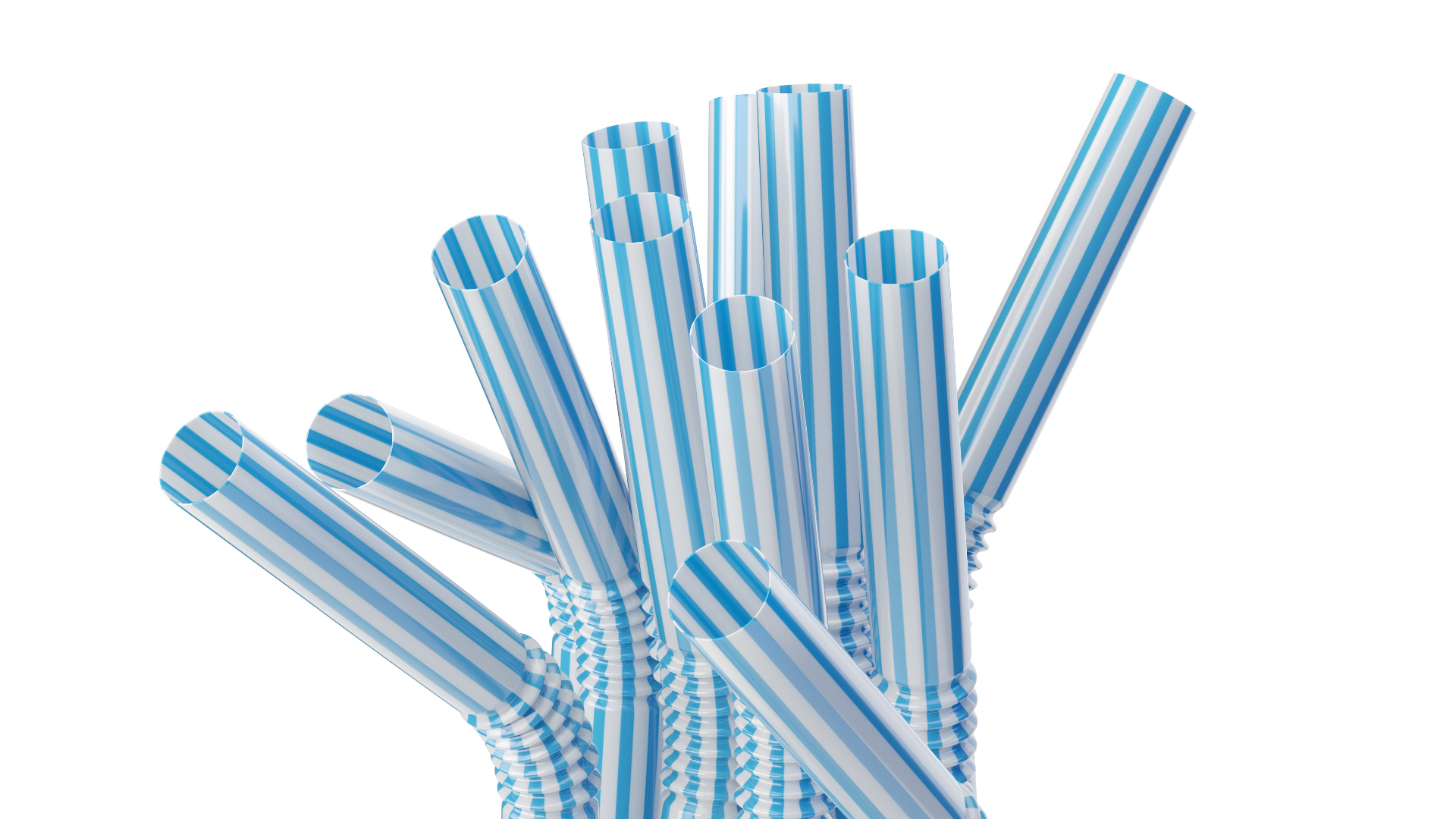
Look closely at plastics with a number 7 recycling symbol on the bottom.Recycling receipts with BPA in them can spread the BPA to other products made with recycled paper, including napkins and toilet paper. If you get a carbonless receipt, don't recycle it. Avoid handling carbonless copy cash register receipts.Use baby bottles with labels that say "BPA free.".Reduce how much canned food you eat and how much canned formula your baby uses.Carry your own glass, steel, or ceramic water bottle filled with filtered tap water.

While it's likely impossible to completely avoid all plastic products, try to use as little plastic as possible, especially if you're pregnant, and never use it around food. It’s not clear why boys aren’t affected in the same way. The symptoms were seen in girls as young as 3. In 2011, a study found that pregnant women with high levels of BPA in their urine were more likely to have daughters who showed signs of hyperactivity, anxiety, and depression. Because estrogen can make hormone-receptor-positive breast cancer develop and grow, many women choose to limit their exposure to these chemicals that can act like estrogen.īPA also seems to affect brain development in the womb. Hormone disruptors can affect how estrogen and other hormones act in the body, by blocking them or mimicking them, which throws off the body's hormonal balance. Its estrogen-like activity makes it a hormone disruptor, like many other chemicals in plastics. Research also strongly suggests that at certain exposure levels, some of the chemicals in these products, such as bisphenol A (BPA), may cause cancer in people.īPA is a weak synthetic estrogen found in many rigid plastic products, food and formula can linings, dental sealants, and on the shiny side of paper cashier receipts (to stabilize the ink). Research suggests that all plastics may leach chemicals if they're scratched or heated. Food and beverage containers, some disposable plates, and toiletry bottles are all plastic and all are made from chemicals. Sign in to receive recommendations ( Learn more)ĭepending on where you live and work, you're likely to be exposed to many plastic products every day.
WILL CHEWING ON PLASTIC STRAWS HURT YOUR TEETH HOW TO
Understanding Breast Cancer Risk and How to Lower It.



 0 kommentar(er)
0 kommentar(er)
